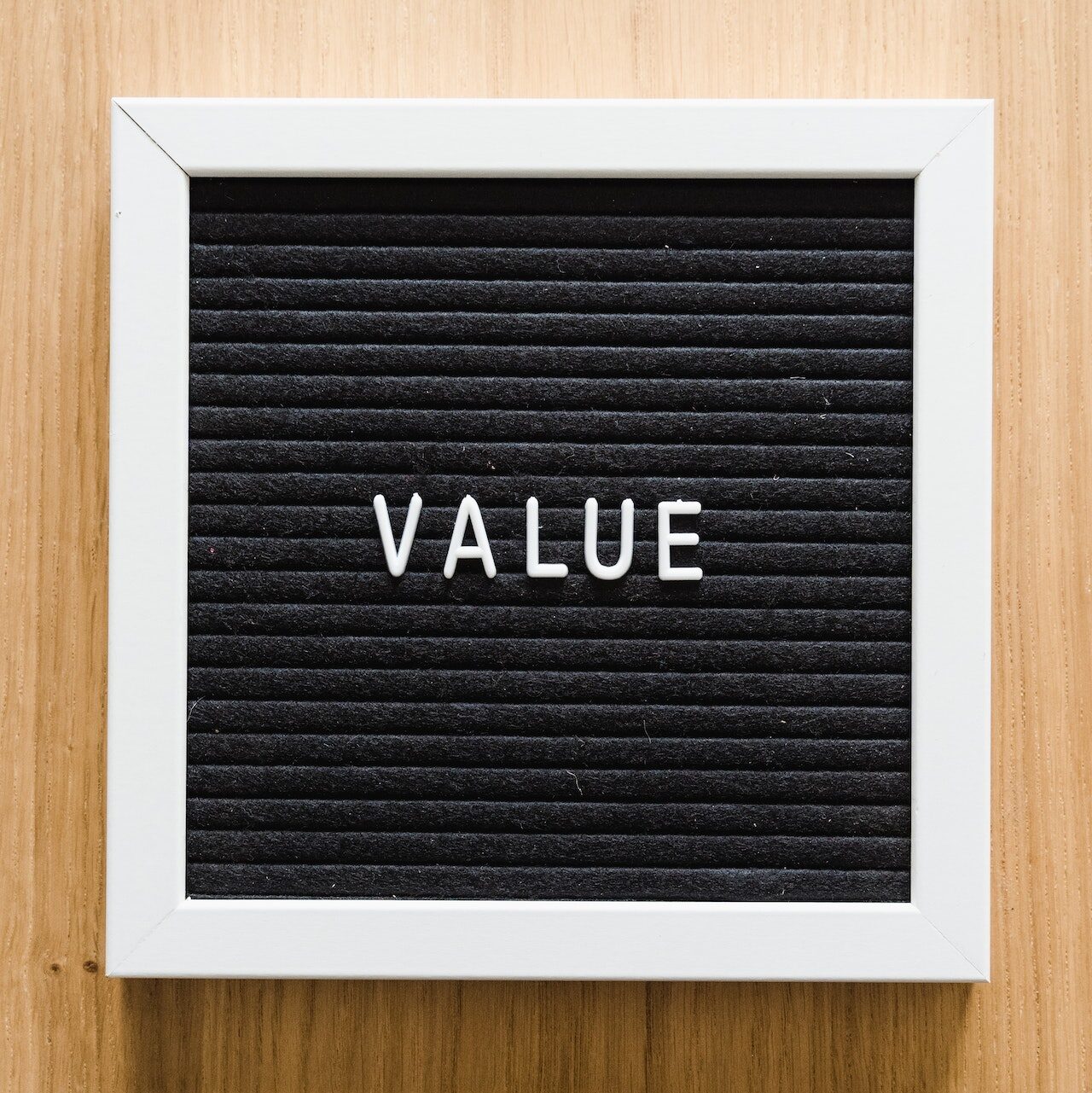The average American probably thinks of a greedy “fat cat” when they envision a capitalist or business person. In reality, the most successful people in business know that their reputation is the most valuable thing they own, and negotiations involve much more than dollars and cents. Some of the best deals I’ve gotten have involved exchanging non monetary things that held very little value to me for better pricing. That’s what I call a “win win” and that’s what I’m referring to when I say creating value for sellers.
Value is a very interesting concept. Most people think about price when they think about value, but the fact is that a $50,000 car that will go 200,000 miles holds much more value than a $1000 car that probably won’t make it to it’s next oil change without breaking down. Even though the first car is MUCH more expensive it’s longevity and reliability provide much more value than the cheaper car. In some cases like the cars you can come up with a calculation to document the value (price/expected mileage remaining), in other cases the value is much more subjective and there’s not a good way to calculate it to make apples to apples comparisions.
In the case of real estate investors there is almost no limit to the ways you can generate value. Some examples include offering time in the property after the closing, coordinating with and/or paying for moving companies, accepting a home in an encumbered state (liens, clouded title, etc) to alleviate that burden from the seller, handling evictions of problem tenants, a super fast and/or easy transaction, exchanging a property for another that is more suitable for sellers preferences or needs, and many many more.
When you’re dealing with a property seller your focus should be on identifying what their goals are and how you can help them get there. If you can develop a rapport with the seller so they let their guard down enough to really communicate honestly about their wants and needs you’ll be in a much better position to achieve the desired “win-win”. For many sellers the selling price is not really the most important thing to them, even in cases that they think it is.
Consider an example of a person that is selling a house and is planning to use the proceeds to buy a car. He knows the exact car, options, and color that he wants. He’s talked to the dealership and made his best deal, and that deal price is the bottom dollar he’s willing to accept. If you have connections at a dealership, or are willing to call around to other dealerships you might be able to shave off a few thousand dollars on the price of the exact same car that the seller wants, and that means he can sell you the house for a few thousand dollars less and still accomplish his same goal of buying the perfect car. Most of the time it doesn’t even take this much effort or skill. The most common exchanges involve reducing or eliminating headaches (like moving expenses, packing boxes, or rushing to get moved).
Get to know your seller, spend the time to build the rapport. Find out what is most important to them and stay focused on how to gain that for them. It may not always be possible, but in most instances their goals are very attainable with a little effort and creativity.






